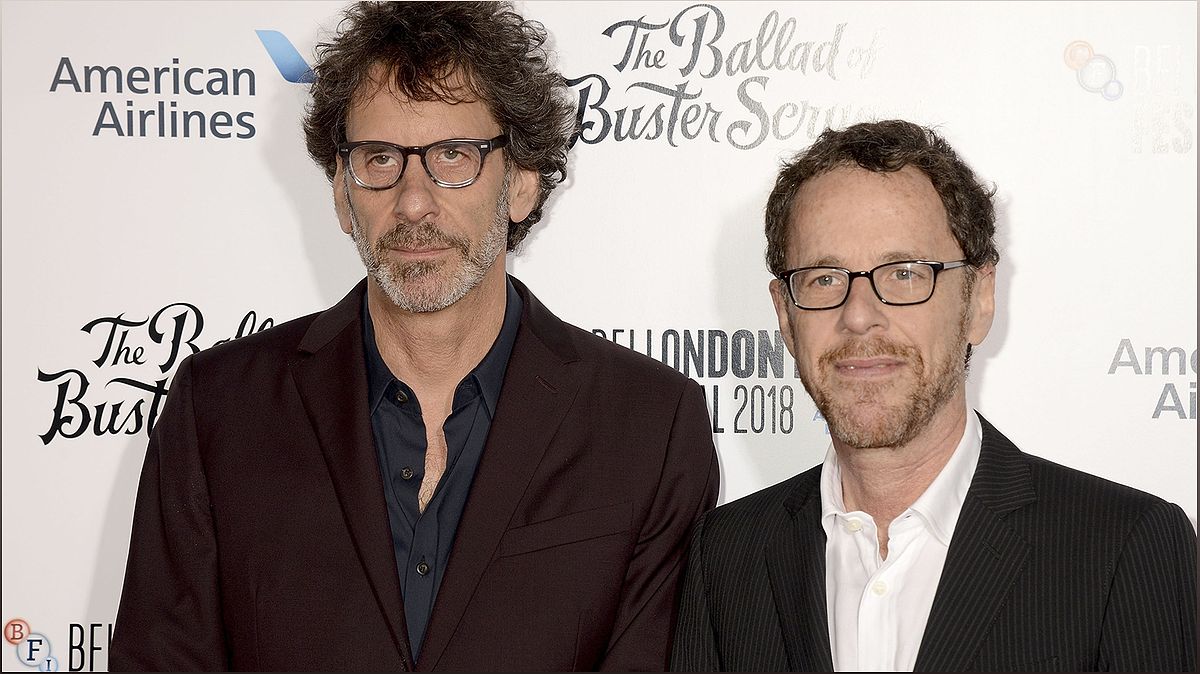Step into the satirical world of 'The American Society of Magical Negroes,' a thought-provoking film that challenges the 'Magical Negro' trope in fiction. Directed by Kobi Libii, this debut film offers a unique perspective on racial dynamics by imagining a society where being a 'Magical Negro' is a real job. Join the protagonist, Aren, as he navigates this underground world and confronts the complexities of race and power. Experience a visually stunning cinematic journey that delves into the importance of emotional contentment and the dangers of nervous white individuals. Discover how this film critiques and deflates the stereotypes surrounding the 'Magical Negro' trope, offering a timely exploration of racial dynamics in a satirical and fantastical setting.
Exploring the Concept of the 'Magical Negro' Trope
Delve into the origins and significance of the 'Magical Negro' trope in fiction, as coined by Spike Lee. Understand its portrayal of Black characters and its impact on storytelling.
The 'Magical Negro' trope refers to the stereotypical portrayal of Black characters in fiction, where they exist solely to support the journey and growth of white protagonists. Spike Lee first criticized this trope in 2001, highlighting its prevalence in popular movies like 'The Green Mile' and 'What Dreams May Come'.
By examining the concept of the 'Magical Negro' trope, we can gain insight into the racial dynamics depicted in 'The American Society of Magical Negroes'. This film takes a satirical approach to explore the complexities and implications of this trope in a fantastical setting.
A Fantastical World of 'Magical Negroes'
Immerse yourself in the imaginative world created by Kobi Libii in 'The American Society of Magical Negroes'. Discover the underground society where being a 'Magical Negro' is a real job and explore its parallels to the magical world of 'Harry Potter'.
In 'The American Society of Magical Negroes', Kobi Libii presents a fantastical world where a select few Black Americans have the job of being 'Magical Negroes'. These individuals are tasked with identifying nervous white people and making them feel at ease, as nervous white individuals are portrayed as the most dangerous threat to everyone's safety.
The film draws parallels to the magical world of 'Harry Potter', with hidden headquarters and teleportation through secret doors. The visually stunning world-building, reminiscent of the 'Harry Potter' franchise, adds an enchanting element to the narrative.
Unveiling the Journey of Aren
Follow the journey of Aren, the aspiring artist, as he becomes entangled in the world of 'Magical Negroes'. Explore his character development and the challenges he faces in navigating the complexities of race and power.
Aren, an aspiring but not awfully talented artist, is introduced as a polite and somewhat overlooked individual. After losing his solo show and encountering a series of events, he becomes a recruit for the 'Magical Negroes' society, guided by the experienced Roger.
Throughout the film, we witness Aren's growth as he learns the basics of his new job and grapples with the expectations of treating nervous white people as valued clients while staying true to his authentic Black identity. His journey serves as a vehicle to explore the complexities of racial dynamics and the challenges faced by individuals like him.
Critiquing the 'Magical Negro' Trope
Discover how 'The American Society of Magical Negroes' critiques and deflates the stereotypes surrounding the 'Magical Negro' trope. Explore the film's examination of defensive white individuals and the relative submissiveness of older generations.
Kobi Libii's film aims to critique and deflate the 'Magical Negro' trope, shedding light on the complicity of defensive white individuals who claim not to have a racist bone in their bodies. It also examines the relative submissiveness of older generations, like Roger, who had to prioritize survival over personal assertiveness.
By addressing these issues, 'The American Society of Magical Negroes' prompts viewers to reflect on the stereotypes perpetuated in fiction and the real-world implications of such portrayals. It challenges the audience to question their own biases and complicity in perpetuating harmful narratives.
The Importance of Emotional Contentment
Explore the central theme of emotional contentment in 'The American Society of Magical Negroes'. Understand why maintaining the emotional well-being of nervous white individuals is vital for the survival of the society.
In the film, the underground society of 'Magical Negroes' believes that nervous white individuals, particularly those in positions of power, pose the greatest threat to everyone's safety. As a result, maintaining their emotional contentment becomes crucial for survival.
This central theme prompts viewers to reflect on the power dynamics at play and the lengths to which marginalized individuals may go to ensure their own safety. It raises questions about the responsibility of individuals in positions of power to create a more inclusive and equitable society.
A Timely Exploration of Racial Dynamics
Discover how 'The American Society of Magical Negroes' offers a timely exploration of racial dynamics in a satirical and fantastical setting. Reflect on the parallels between the film's fictional world and real-world racial tensions.
'The American Society of Magical Negroes' provides a unique lens through which to examine racial dynamics. By presenting a satirical and fantastical world, the film invites viewers to reflect on the real-world racial tensions and power imbalances that persist today.
Through its thought-provoking narrative, the film encourages conversations about race, privilege, and the importance of authentic representation in storytelling. It serves as a reminder of the ongoing need to challenge and dismantle harmful stereotypes in fiction and society at large.


